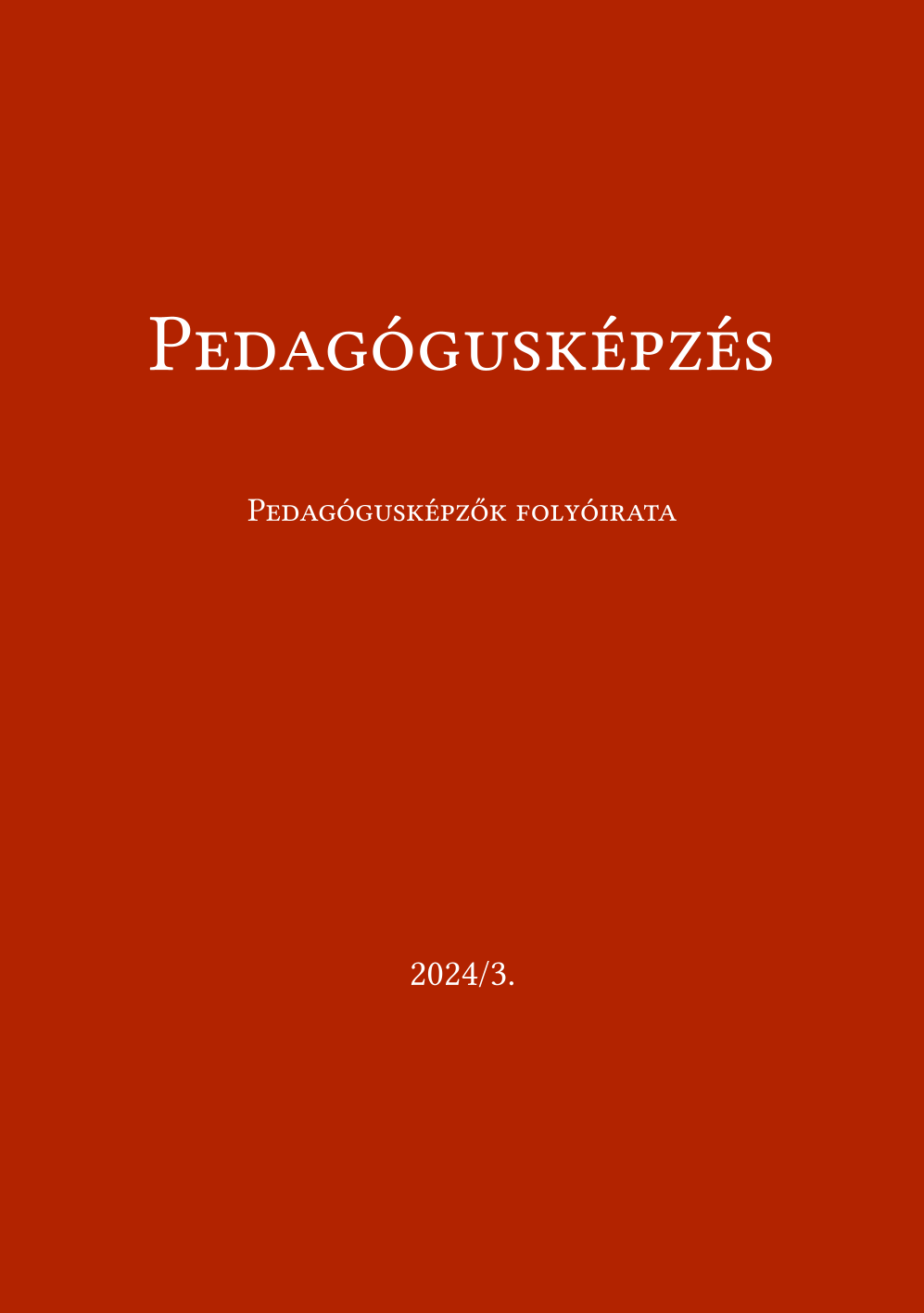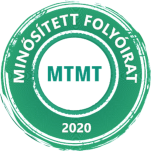The Socio-Cultural Aspects of Talent Development
DOI:
https://doi.org/10.37205/TEL-hun.2024.3.07Keywords:
talent development, human challenges, ethical aspects, 21st century skills, technological developmentAbstract
Development systems based on talent identification have not been proven to work, and talent based on specific criteria is not necessarily appropriate to address the complex problems we face today. Given the challenges facing humanity, it is increasingly important to unleash transformative talent to make the world a better place.
There is a tension in talent development between outdated but widespread approaches and practices rooted in the past, and approaches and personalized practices based on complex interactions between the individual and the environment. While the latter is struggling to find its way into mainstream practice, children and youth are failing in the educational system of the past and losing the opportunity to develop their talents. Solving the problems of the present and the future requires a new basis for schooling and talent development, one in which ethical considerations, technology and recognition of the benefits of cognitive diversity play a prominent role.
References
Borland, J. H. (2005). Gifted Education Without Gifted Children: The Case for No Conception of Giftedness. In Sternberg, R. J. & Davidson, J. E. (Eds.), Conceptions of giftedness (pp. 1–19). Cambridge University Press.
Csikszentmihalyi, M. (1996). Creativity: Flow and the Psychology of Discovery and Invention. Harper.
Csikszentmihalyi, M. & Robinson, R. E. (1988). Culture, time, and the development of talent. In Sternberg, R. J. & Davidson, J. E. (Eds.), Conceptions of giftedness (pp. 264–284). Cambridge University Press.
Freeman, J. (2006). ‘Giftedness in the Long Term’. Journal for the Education of the Gifted, 29, 384–403. https://doi.org/10.4219/jeg-2006-246
Hoff, D. F. & Burke, W. W. (2017). Learning agility: The key to leader potential. Hogan Assessments.
Lipsey, M. W. & Wilson, D. B. (1993). The efficacy of psychological, educational, and behavioral treatment. American Psychologist, 48, 1181–1201. https://doi.org/10.1037/0003-066X.48.12.1181
Montuori, A. (2023). Possibilities in postnormal times. Possibility Studies & Society, 1(1–2), 157–162. https://doi.org/10.1177/27538699231172435
Reis, S. M. & Renzulli, J. S. (1982) A case for a broadened conception of giftedness. Phi Delta Kappan, 63(9), 619–620.
Renzulli, J. S. (2012). Reexamining the role of gifted education and talent development for the 21st century: A four-part theoretical approach. Gifted child quarterly, 56(3), 150–159. https://doi.org/10.1177/0016986212444901
Sternberg, R. J. (2021). Transformational vs. Transactional Deployment of Intelligence. Journal of Intelligence, 9(1), 15. http://dx.doi.org/10.3390/jintelligence9010015
Sternberg, R. J. (2023). The educational intervention gifted children need most: To become wise, not just smart. Gifted Education International, 39(3), 426–442. https://doi.org/10.1177/02614294221138457
Sternberg, R. J., Chowkase, A., Desmet, O., Karami, S., Landy, J. & Lu, J. (2021). Beyond Transformational Giftedness. Education Sciences. 11(5), 192. https://doi.org/10.3390/educsci11050192
Toffler, A. (1970). Future Shock. Random House.
Trilling, B. & Fadel, C. (2009). 21st Century Skills: Learning for Life in Our Times. John Wiley & Sons.
Weinhandl, R., Mayerhofer, M., Houghton, T., Lavicza, Z., Eichmair, M. & Hohenwarter, M. (2023). Mathematics student personas for the design of technology-enhanced learning environments. Research and Practice in Technology Enhanced Learning, 18.
Downloads
Published
How to Cite
Issue
Section
License
Copyright (c) 2025 The author(s)

This work is licensed under a Creative Commons Attribution-NonCommercial-NoDerivatives 4.0 International License.








